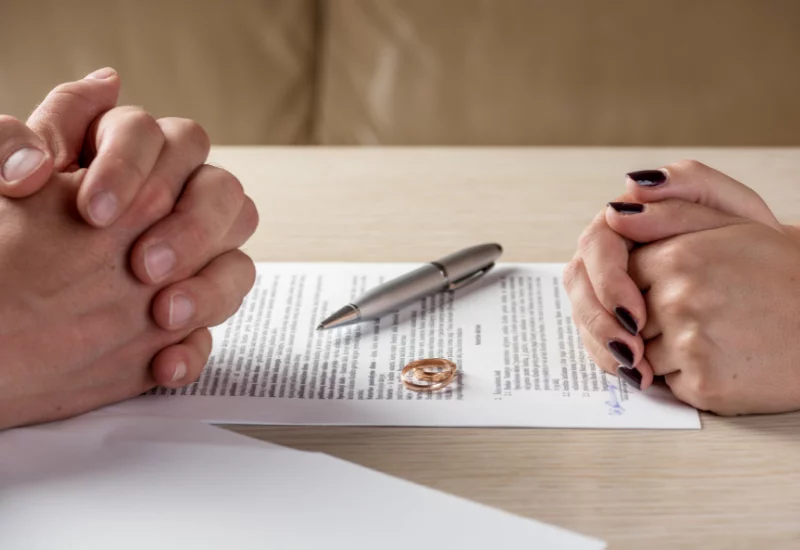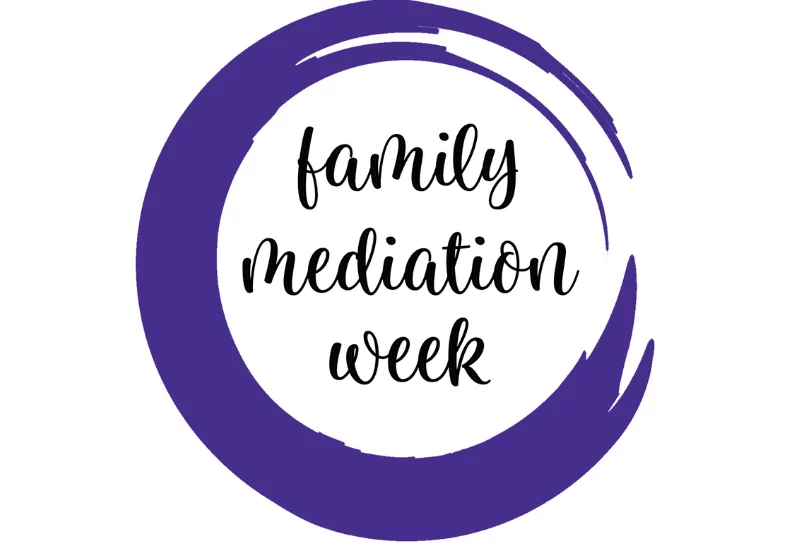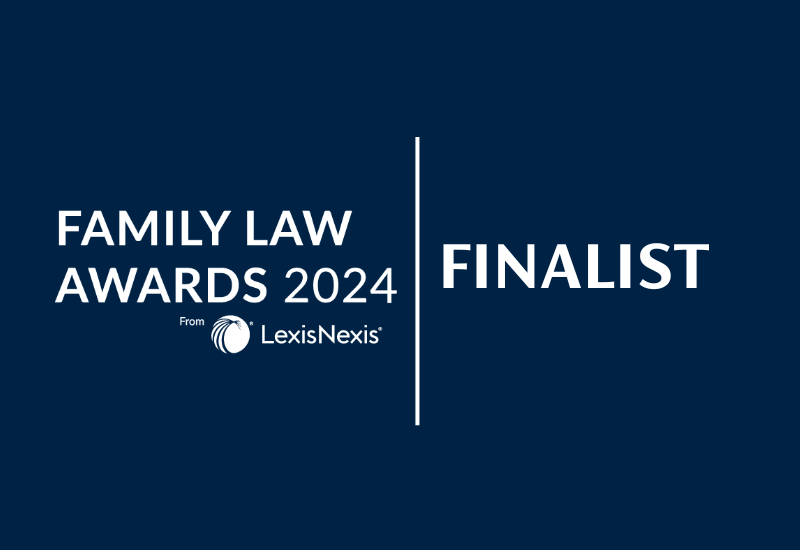Child Maintenance: Everything you need to know in six FAQs

The requirement for a parent to pay child maintenance is governed by the Child Maintenance Service (CMS) and generally falls outside the jurisdiction of family courts. A child maintenance liability arises for any non-resident parent (NRP) to support the parent with care (PWC) of the child. This obligation applies irrespective of the duration of the relationship, the child arrangements, or whether the couple were married or not.
For many couples, the online Child Maintenance Calculator is a starting point to agree on the amount payable. The calculator considers factors such as the NRP’s total income, the number of nights the child spends with the NRP and the number of children living in the NRP’s household. Once calculated, parents can agree on payment terms and address potential changes in circumstance, such as income adjustments or revised child arrangements. If an agreement cannot be reached, the CMS can provide for a formal assessment of the liability.
Despite the CMS’s intention to simplify the process, disputes can still arise. Below, we address six common questions about child maintenance. For tailored advice, please contact our specialist solicitors.
- Does a child maintenance liability arise if we share the care of our children?
If a child spends time overnight with the NRP, the maintenance amount reduces by one-seventh for every night per week that the child stays with them. In cases of shared care, the maintenance is reduced by 50% plus an additional £7 reduction per week.
If care is genuinely shared equally, not just in terms of nights but also in day-to-day responsibilities, no maintenance payments are required. For clarity on whether your arrangement qualifies as shared care, then you should seek advice from a specialist family lawyer.
2. Can I enforce child maintenance payments while still living with my ex-partner?
The CMS typically defers involvement until the parents live separately, and a clear care pattern for the child is established.
3. Do contributions to childcare or activities offset maintenance payments?
Child maintenance should be paid directly to the PWC. Additional contributions for childcare, extra-curricular activities or other expenses are voluntary.
Certain expenses, such as travel costs to visit the child or mortgage contributions for the property where the child lives, may qualify for a variation in the CMS calculation. If you are unsure whether your contributions qualify for a variation calculation, you should seek specialist advice.
4. What if my partner earns more than the CMS income cap?
The CMS caps earnings up to £3,000 gross per week (or £156,000 per annum). For NRPs earning above this, the family court can make a top-up order either during divorce proceedings or under Schedule 1 to the Children Act 1989.
Recent case law has directed that the same calculation can apply to total annual earnings up to £600,000 per annum. As these decisions are discretionary, professional advice is crucial to ensure fair provision for the PWC.
5. Can I backdate child maintenance if my ex’s income has increased?
The CMS will not enforce arrears for private agreements unless CMS involvement was established. To avoid this, the NRP should provide an annual P60 allowing maintenance to be recalculated.
If no updated disclosure is provided, or if an agreement cannot be reached, a CMS application should be made promptly. For cases already assessed by the CMS, they can enforce arrears through their collection processes.
6. What if I disagree with the CMS calculation?
If you dispute a CMS calculation, you can request a mandatory reconsideration. If remain dissatisfied, you may appeal to the First Tier Tribunal, which will assess the case and arrange a hearing.
Child maintenance appeals can be complex. Seeking early advice on the merits of your case and the evidence needed is crucial to preparing effectively for the hearing.
For more detailed advice tailored to your situation, please get in touch with our experienced family law team for your free initial consultation. Call us today on 0800 2800 421.

Disclaimer
This information is intended for general informational purposes only and does not constitute legal advice. We recommend seeking professional advice before taking any action on the information provided. If you would like to discuss your specific circumstances, please feel free to contact us on 0800 2800 421.















